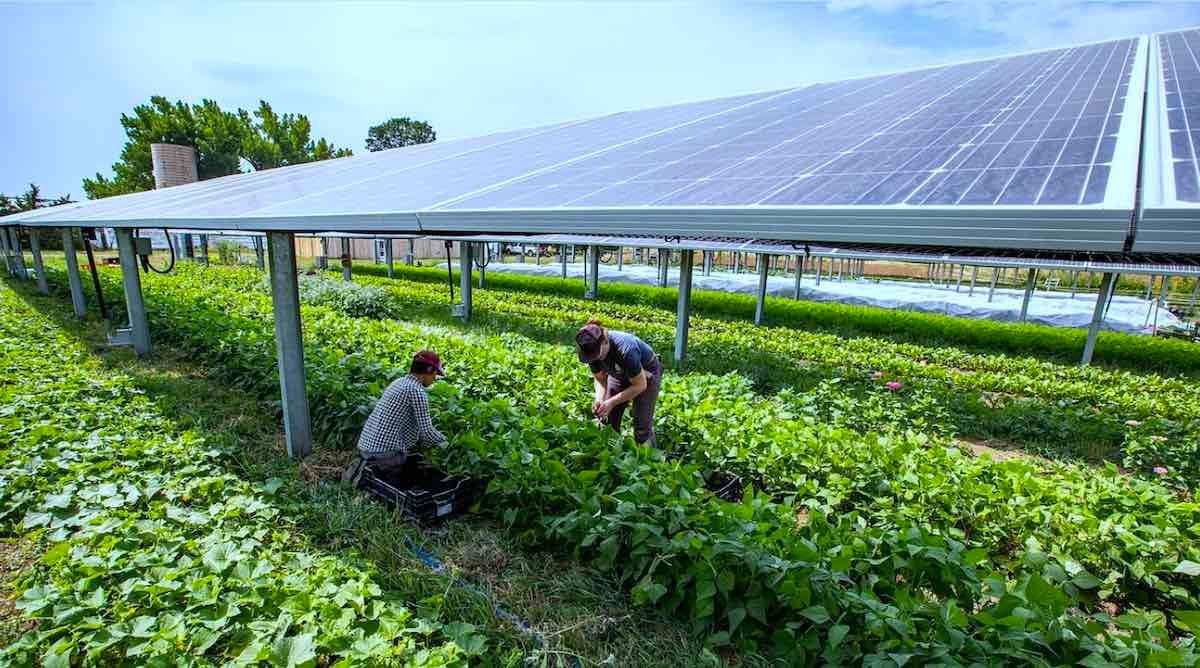Puerto Rico’s Coronavirus Statistics for September 14
According to the Puerto Rico Health Department, 37,750 people are believed to have been infected with COVID-19, an increase of 10,990 since the same time last month, when the total was 26,760. This points to a significant decrease in the rate of new cases, as the increase in the period between July 13 and August 17 was 18,175. Deaths, however, are not decreasing: the death toll is currently 542, with 208 people having died between August 17 and September 14. By comparison, 168 people died from the virus between July 13 and August 17.
Beginning on June 11, the Health Department changed the way it recorded cases, splitting them between confirmed cases (as determined by molecular diagnostic testing) and probable cases (as determined by serological, non-diagnostic testing). Viewed through that prism, Puerto Rico currently has 17,977 confirmed cases of COVID-19 (an increase of 1,285 over the past week) and 19,773 probable cases (an increase of 910 over the past week).
There are currently 414 people hospitalized in the Island due to COVID.
Bolstered by the slowing rate of new cases, the Puerto Rican government allowed large parts of the economy to resume operations. The latest executive order, OE-2020-066, reopened movie theaters, gyms, casinos, and once again permitting swimming at beaches. It also increased capacity limits for places such as bars, churches and stores to 50%, as well as allowing the sale of alcoholic drinks on Sundays. Some of these changes—specifically those allowing people to congregate in enclosed spaces for long periods of time– were enacted against recommendations from the governor’s COVID 19 task force, which announced on Friday that it would no longer be advising Governor Vázquez.
Puerto Rico Faces Uphill Battle in Efforts to Retain Medicaid Funds
Puerto Rico stands to lose more than $1 billion in assigned Medicaid funds for the current fiscal year, according to a September 1 letter from Governor Wanda Vázquez Garced to Congress. This amount, totaling more than one-third of the Medicaid funds assigned to Puerto Rico for FY2020, consists of funds the Puerto Rican government was not able to spend during the current fiscal year. Unfortunately, legislative action to reauthorize those funds is likely to be difficult to achieve, according to the office of Rep. Nydia Vélazquez (D-NY); “certainly there is a shortened congressional calendar with many competing legislative priorities, which makes the short-notice warning problematic,” said the congresswoman’s spokesperson.
Some critics have taken aim at the timing of the governor’s letter. Former governor Aníbal Acevedo Vilá, who is currently a Popular Democratic Party (PPD, in Spanish) candidate for resident commissioner, criticized the fact that it was written only 30 days before the funds were slated to be forfeited.
“It’s horrible. What this means for all of us healthcare providers is that the efforts we make in Washington are being ruined by government inaction,” said Jaime Plá, executive president of the Puerto Rico Hospitals Association, who added that $500 million in funds previously assigned after Hurricane Maria were likewise lost last year due to disuse.
FEMA and COR3 Expect Assignment of Post-Maria FEMA Reconstruction Funds to Speed Up
Nearly three years after Hurricane Maria, FEMA has set aside funds for only 30% of the more than 10,000 projects it plans to finance as part of its role in Puerto Rico’s reconstruction. According to Ottmar Chávez of the Central Office of Recovery, Reconstruction and Resiliency (COR3), the agency hopes that the process will gain momentum in the coming months.
“This is not necessarily something out of the ordinary because in other emergencies there’s more response than reconstruction in those first two years,” said José G. Baquero Tirado, FEMA’s new coordinator for the reconstruction of Puerto Rico and the Virgin Islands, in an interview with El Nuevo Día. The funds are intended to finance the reconstruction of classrooms, aqueducts, roads, community centers, government offices and other infrastructure projects.
Evictions Suspended for Rest of the Year for Public Housing, Section 8 Residents
The Puerto Rico Public Housing Administration (AVP, in Spanish) has extended its existing moratorium on evictions for unpaid rent for public housing and Section 8 residents. The new measure, which is distinct from the now-expired moratorium included in the CARES Act, will last until December 31.
Share
STAY IN THE LOOP
Subscribe to our free newsletter.
La organización BoricuaActivatEd celebró su séptimo aniversario con reconocimientos al líder de la red evangélica Esperanza y de la comunidad boricua de Filadelfia, Luis Cortés, y el legendario artista Antonio Martorell. Cortés, premiado por su
tudy: Economy leading factor for Puerto Ricans moving to Florida A new survey unveiled Monday in Washington, D.C. sheds new light on factors contributing to Puerto Ricans moving to the state of Florida. The Puerto
New federal funds for solar, battery storage announced The Department of Energy (DOE) on Thursday announced a conditional commitment to finance new solar and battery storage facilities on the southern coast of Puerto Rico. The investment




